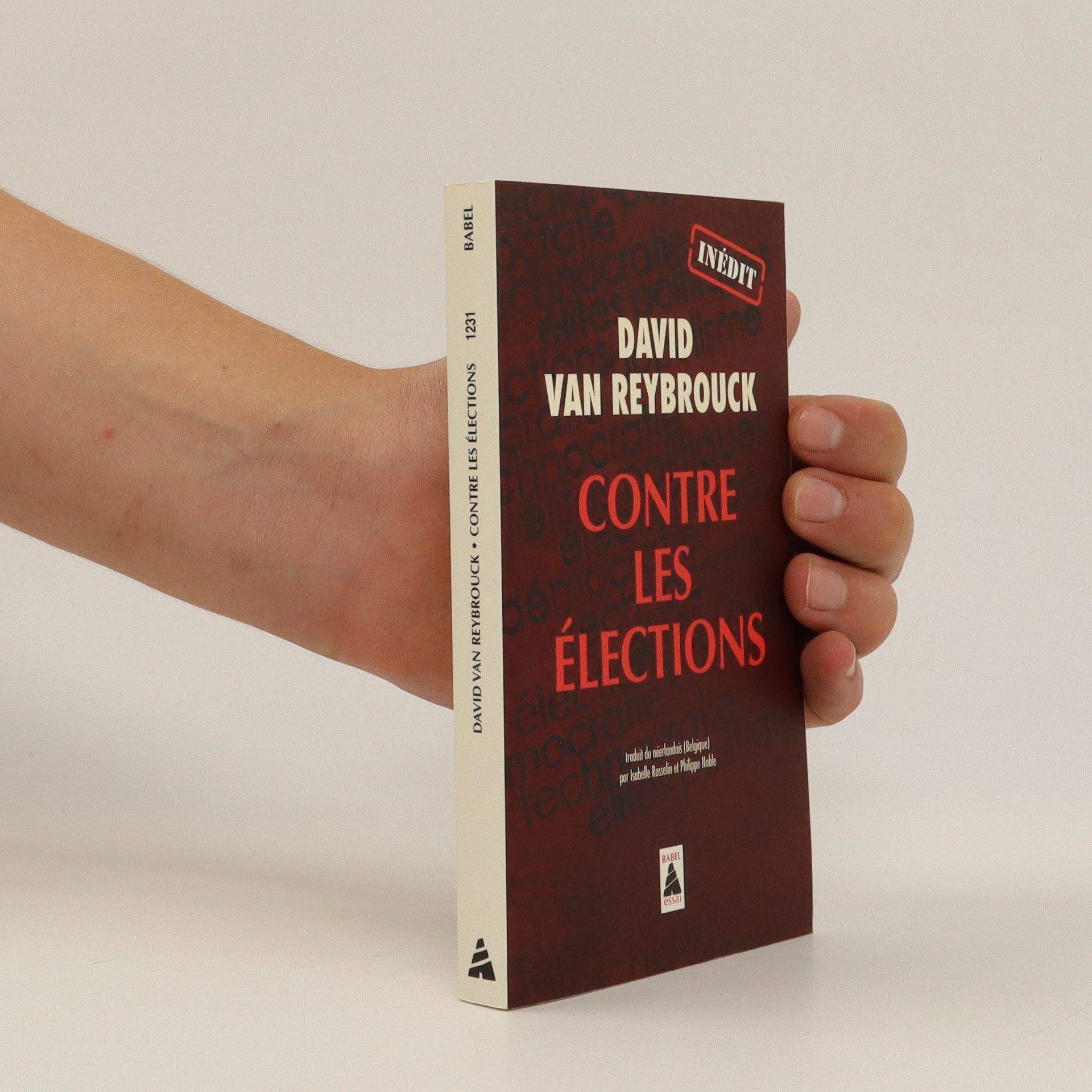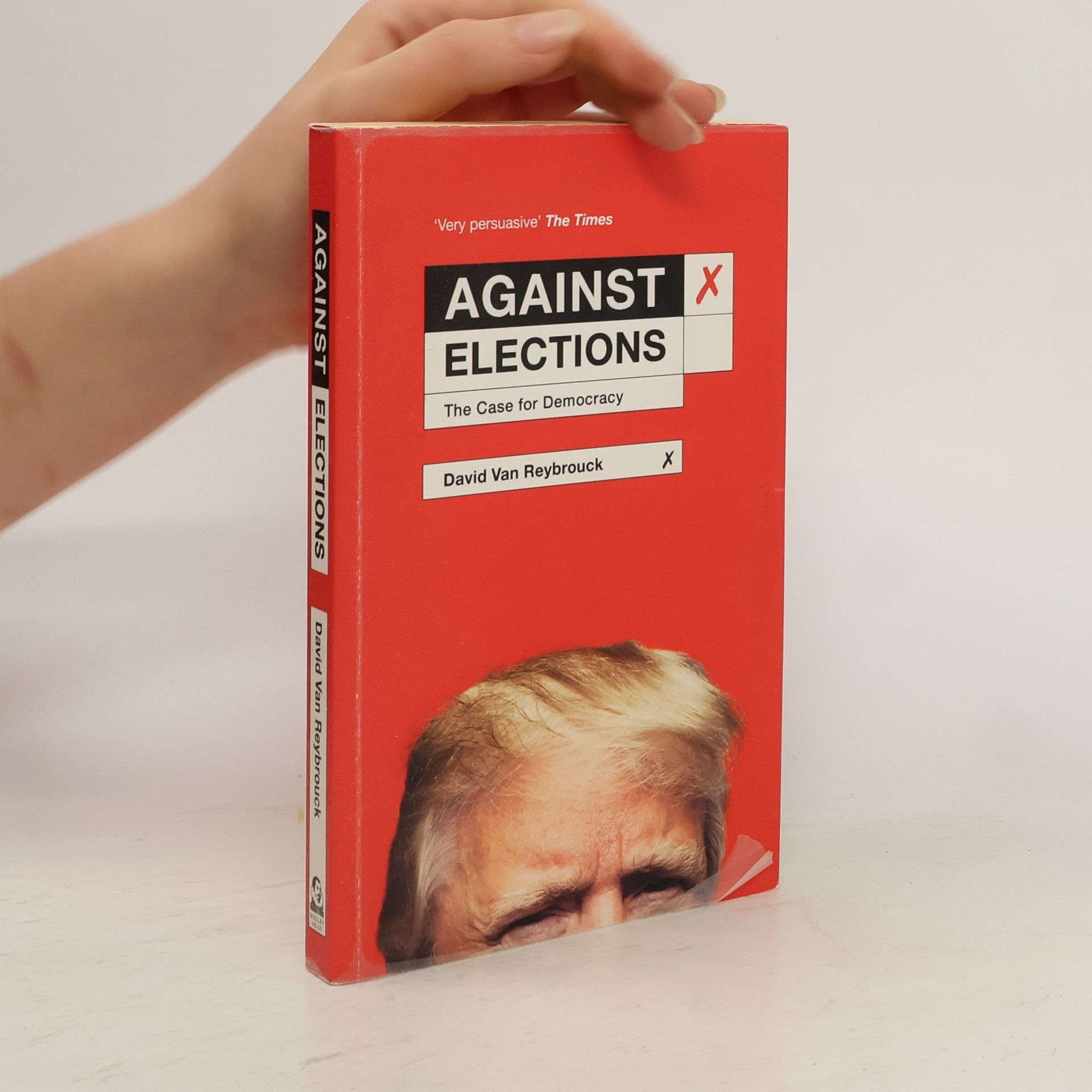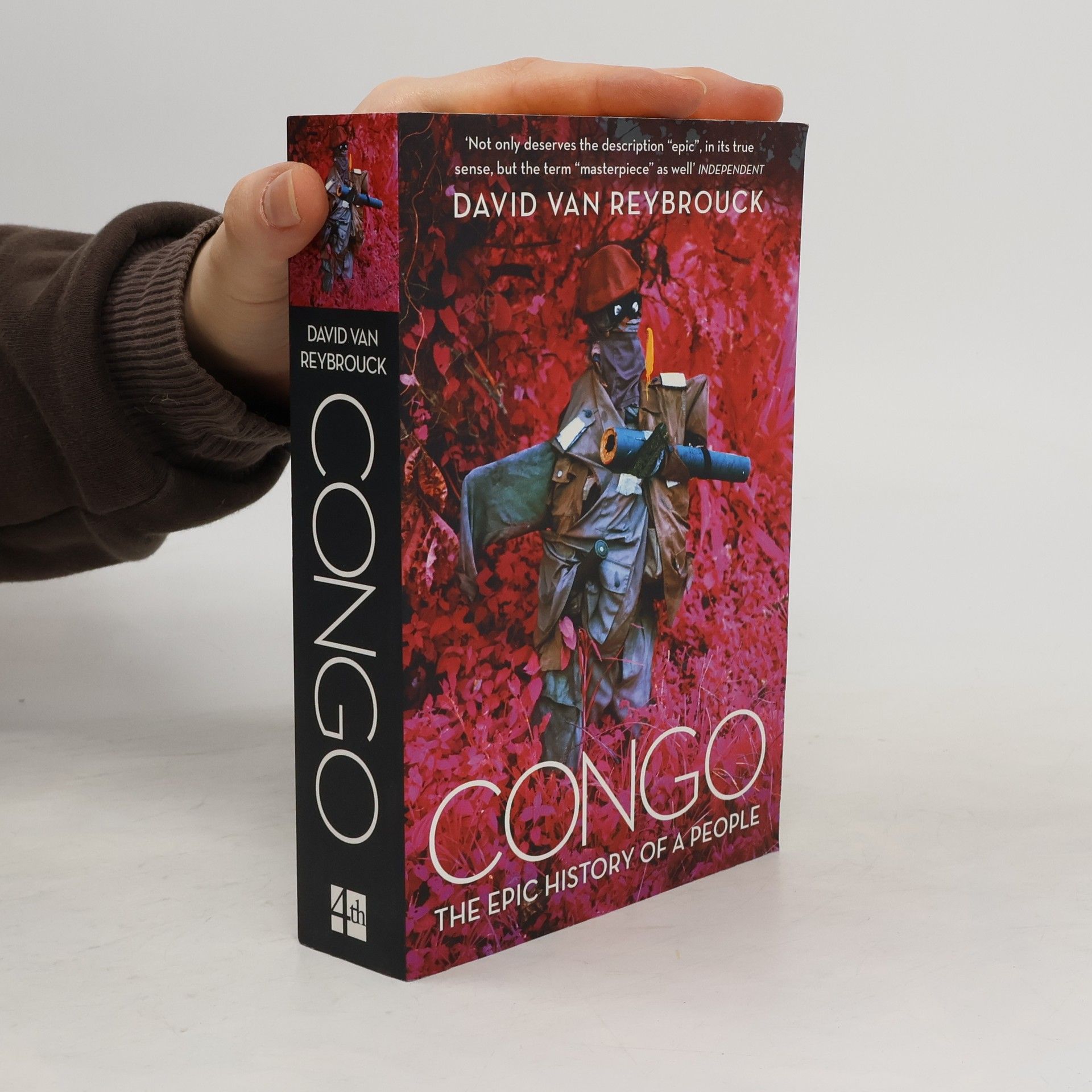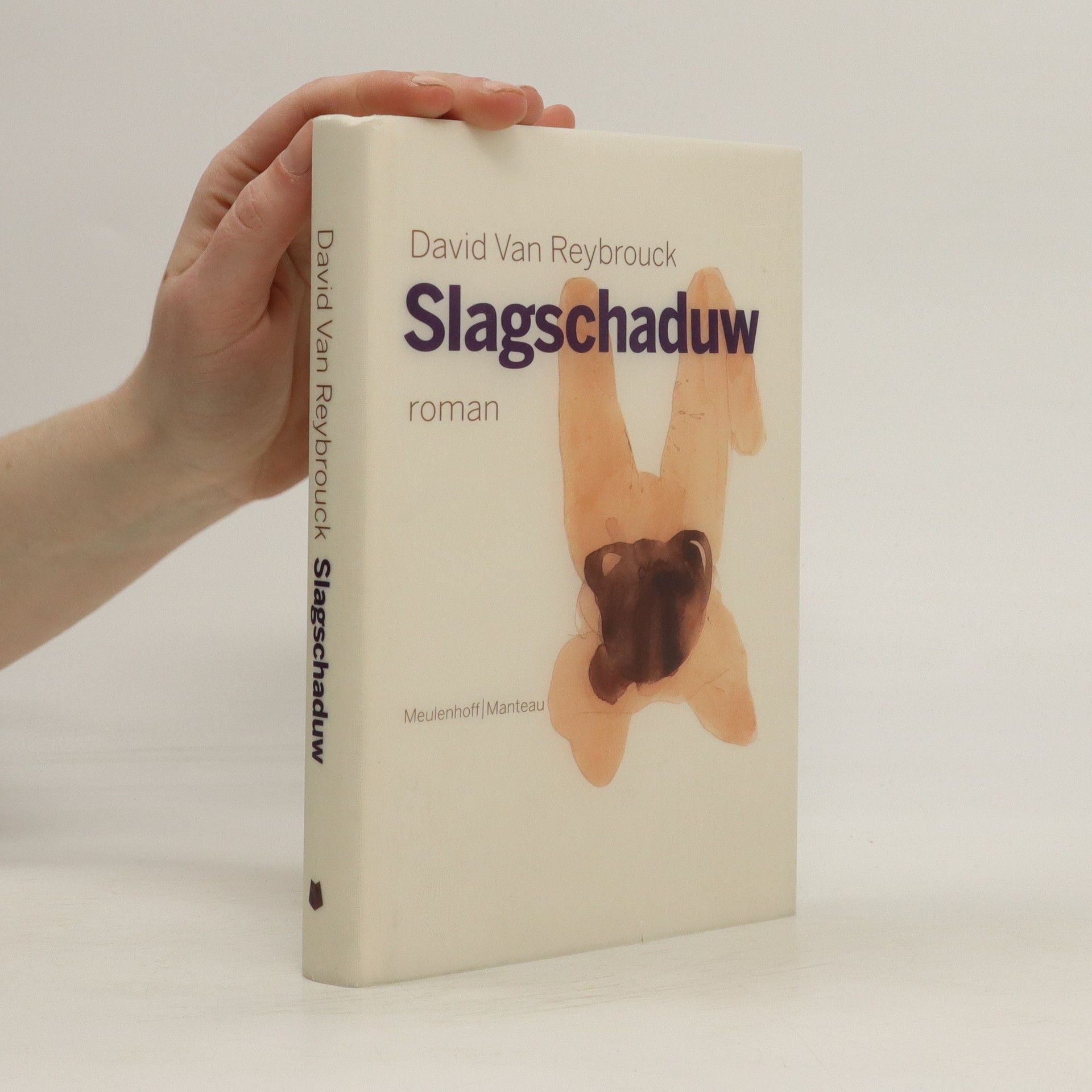La democracia está en crisis. Contra las elecciones es una propuesta innovadora que ofrece un diagnóstico inesperado y una solución antigua para evitar que las elecciones socaven la democracia. Las recientes elecciones han evidenciado el auge de populismos basados en el miedo y una creciente desconfianza hacia las élites, transformándose en concursos de popularidad en lugar de un debate razonado. Este libro sostiene que el objetivo original de las elecciones era excluir al pueblo del poder, eligiendo a una élite para que lo gobernara. Durante gran parte de los 3.000 años de historia democrática, los cargos se asignaban mediante sorteos y voluntarios. A partir de estudios y ejemplos globales, se presenta una propuesta real para una democracia auténtica y funcional. Urgente y persuasivo, plantea la pregunta: ¿qué estamos esperando? Las reseñas destacan que el voto popular no ha logrado un gobierno democrático genuino, sugiriendo que ha llegado el momento de reconsiderar esta idea. Se presenta un nuevo sistema diseñado para obtener un sólido respaldo popular y se argumenta que asociar democracia y elecciones es un error. Este libro desafiante y accesible anticipa una idea prometedora para revitalizar la participación democrática.
David Van Reybrouck Libros
David Van Reybrouck es un historiador cultural, arqueólogo y autor belga cuya obra abarca ficción histórica, no ficción literaria, novelas, poesía, obras de teatro y textos académicos. Su escritura a menudo refleja un profundo compromiso con la historia y el patrimonio cultural, caracterizado por la erudición y la habilidad narrativa. Explora temas que conectan el pasado y el presente, ofreciendo a los lectores perspectivas únicas sobre la experiencia humana. Su dominio estilístico y profundidad analítica lo convierten en una voz significativa tanto en la no ficción literaria como en la ficción.






Congo
- 656 páginas
- 23 horas de lectura
FINALIST FOR THE CUNDILL PRIZE FOR HISTORY `Not only deserves the description epic, in its true sense, but the term masterpiece as well' Independent
Against Elections. Gegen Wahlen, englische Ausgabe
- 208 páginas
- 8 horas de lectura
Democracy is in bad health. This book offers a new diagnosis - and an ancient remedy. It shows that the original purpose of elections was to exclude the people from power by appointing an elite to govern over them. Based on studies and trials from around the globe, it presents the practical case for a true democracy - one that actually works. --Publisher
Revolusi
Indonesien und die Entstehung der modernen Welt | Der lang erwartete Nachfolger des Weltbestsellers »Kongo«
Die Welt hat in diese Revolution eingegriffen, und diese Revolution hat die Welt verändert. Als Japan 1941 den Angriff auf Pearl Harbor startete, begann sich das historische Fenster für ein anderes Ereignis zu öffnen: Seit Jahrzehnten hatten Indonesier für die Unabhängigkeit von der Kolonialmacht Niederlande gekämpft, im August 1945 wurde sie endlich proklamiert. Doch es folgte ein mehrjähriger, brutaler Krieg. Diese Revolusi war in zweierlei Hinsicht Weltgeschichte: Sie ergab sich aus einem globalen Konflikt und hatte globale Signalwirkung. Denn Indonesien setzte sich an die Spitze der Dekolonisation, die bald auch Afrika erfasste und die politische Landkarte für immer veränderte. In Debatten um Kolonialverbrechen und die Rückgabe geraubter Kunstwerke beschäftigt sie uns bis heute. David Van Reybrouck hat jahrelang recherchiert und mit fast 200 Zeitzeugen gesprochen. Ihre Erinnerungen verknüpft er zu einer historischen Erzählung, deren Sog man sich kaum entziehen kann.
Notre démocratie représentative est aujourd'hui clans une impasse. Sa légitimité vacille : de moins en moins de gens vont voter, les électeurs font des choix capricieux, le nombre d'adhérents des partis politiques est en baisse. En outre, l'efficacité de la démocratie est violemment mise à mal : toute action énergique de l'exécutif devient problématique, les hommes politiques adaptent de plus en plus leurs stratégies en fonction des échéances électorales. Cet état de fait, David Van Reybrouck l'appelle "le syndrome de fatigue démocratique" et il s'interroge sur les moyens concrets d'y remédier. Suivant les travaux récents de politologues renommés, il préconise de remettre à l'honneur un grand principe de démocratie qui a connu son apogée dans l'Athènes classique : celui du tirage au sort. Au fil d'un exposé fervent et rigoureux, David Van Reybrouck démontre combien ce principe de tirage au sort pourrait être efficace pour donner un nouvel élan à nos démocraties essoufflées. Car il s'agirait bien, en associant des citoyens représentatifs de toutes les strates professionnelles et sociales, de rendre au peuple les moyens d'agir sur ce qui le concerne au premier chef.
Odes
- 243 páginas
- 9 horas de lectura
Poème célébrant un personnage ou un événement, parfois poème lyrique destiné à être accompagné de musique : telle est l’ode, selon la définition usuelle.Il n’est donc pas surprenant que David Van Reybrouck ait intitulé ainsi ce livre, tant il s’inscrit sous le signe de la ferveur, de l’enthousiasme, de la beauté et de l’ardeur, de l’amitié et de la gratitude, de la mémoire et de l’histoire. Et toujours dans les parages de la poésie.Musique, peinture, danse, esthétique, philosophie, éthique, littérature mais aussi politique, résistance, résilience ; tout ce qui structure la vie et l’œuvre de cet écrivain engagé, cet historien-archéologue, nous est ici offert en partage.Écrites entre 2015 et 2018, non pas accompagnées de musique mais introduites par un dessin, le geste au crayon d’un artiste en écho aux mots, à la pensée d’un autre, ces odes peuvent aussi être lues comme une série de pas de deux multipliés à l’envi avec ce et ceux qui comptent pour David Van Reybrouck à un instant donné ou pour sa vie entière.«Odes» se lit comme une partition sensible, nourrie du regard que pose sur le monde un humaniste engagé.
Gegen Wahlen
Warum Abstimmen nicht demokratisch ist
Wahlen sind ein primitives Instrument mit einer verrückten Logik, die Politiker dazu bringt, unerfüllbare Versprechen zu machen. In der aktuellen Debatte über Demokratie ist es seltsam, dass zwar alle dafür sind, aber viele an ihrer Funktionsfähigkeit durch Wahlen zweifeln. Wenn Wahlergebnisse nicht den Erwartungen entsprechen, wird schnell der Vorwurf des Populismus erhoben. Die Wahlbeteiligung sinkt, und die Mitgliederzahlen politischer Parteien gehen dramatisch zurück. Wie kann eine Demokratie effizient arbeiten und langfristige Entscheidungen treffen, wenn Politiker vor allem darauf aus sind, bei der nächsten Wahl wiedergewählt zu werden? David Van Reybrouck beschreibt diesen Mechanismus als „demokratisches Ermüdungssyndrom“. Um aus dieser Situation herauszukommen, könnten neue Wege erforderlich sein, auch wenn sie zunächst als weltfremd erscheinen. Van Reybrouck greift ein altes demokratisches Prinzip auf, das bereits im antiken Athen praktiziert wurde: das Los. Dieses Verfahren wurde bis zur Französischen Revolution häufig genutzt, etwa in blühenden Republiken wie Venedig oder Florenz während der Renaissance. Er zeigt, wie dieses Prinzip auch heute unsere machtlos gewordene Demokratie wiederbeleben kann.
Odes: traduites du néerlandais (Belgique) par Isabelle Rosselin
- 243 páginas
- 9 horas de lectura
Poème célébrant un personnage ou un événement, parfois poème lyrique destiné à être accompagné de musique : telle est l’ode, selon la définition usuelle.Il n’est donc pas surprenant que David Van Reybrouck ait intitulé ainsi ce livre, tant il s’inscrit sous le signe de la ferveur, de l’enthousiasme, de la beauté et de l’ardeur, de l’amitié et de la gratitude, de la mémoire et de l’histoire. Et toujours dans les parages de la poésie.Musique, peinture, danse, esthétique, philosophie, éthique, littérature mais aussi politique, résistance, résilience ; tout ce qui structure la vie et l’œuvre de cet écrivain engagé, cet historien-archéologue, nous est ici offert en partage.Écrites entre 2015 et 2018, non pas accompagnées de musique mais introduites par un dessin, le geste au crayon d’un artiste en écho aux mots, à la pensée d’un autre, ces odes peuvent aussi être lues comme une série de pas de deux multipliés à l’envi avec ce et ceux qui comptent pour David Van Reybrouck à un instant donné ou pour sa vie entière.«Odes» se lit comme une partition sensible, nourrie du regard que pose sur le monde un humaniste engagé.



